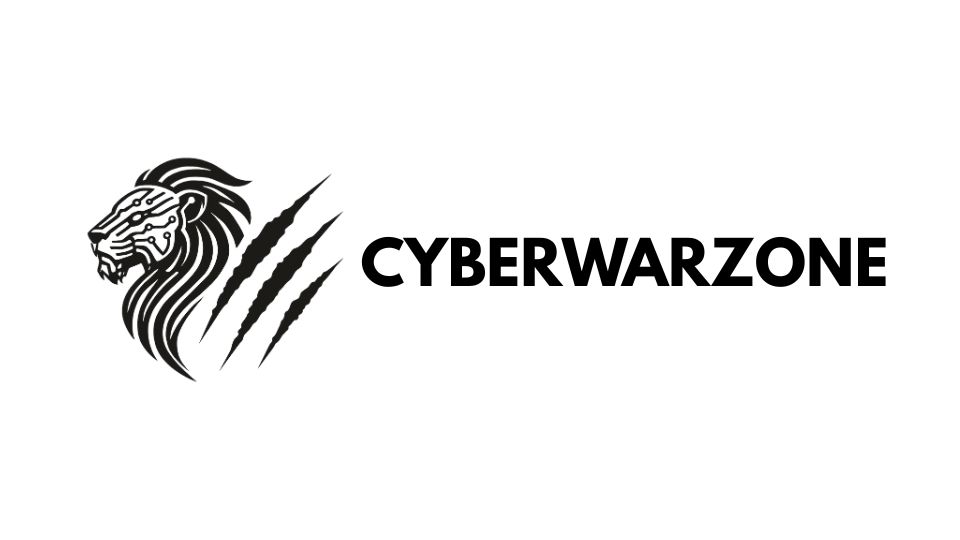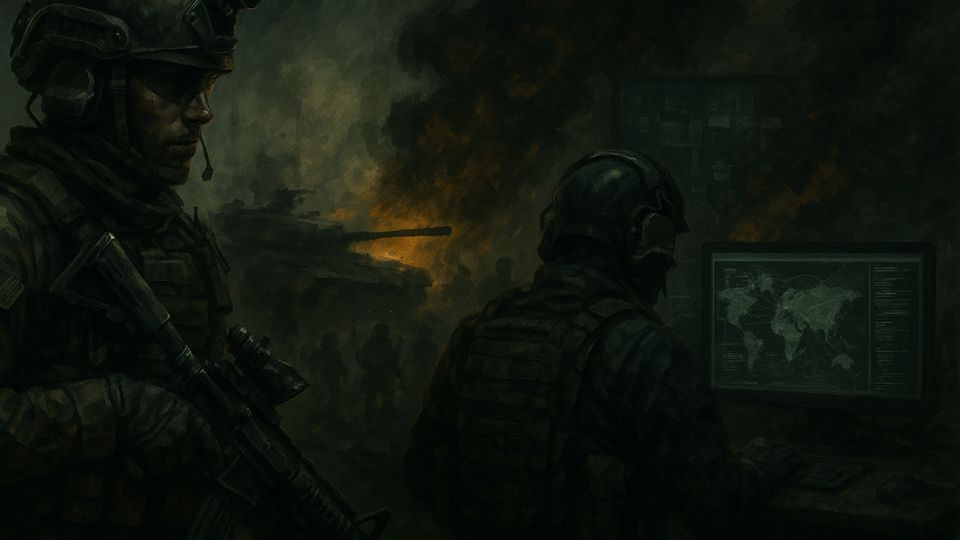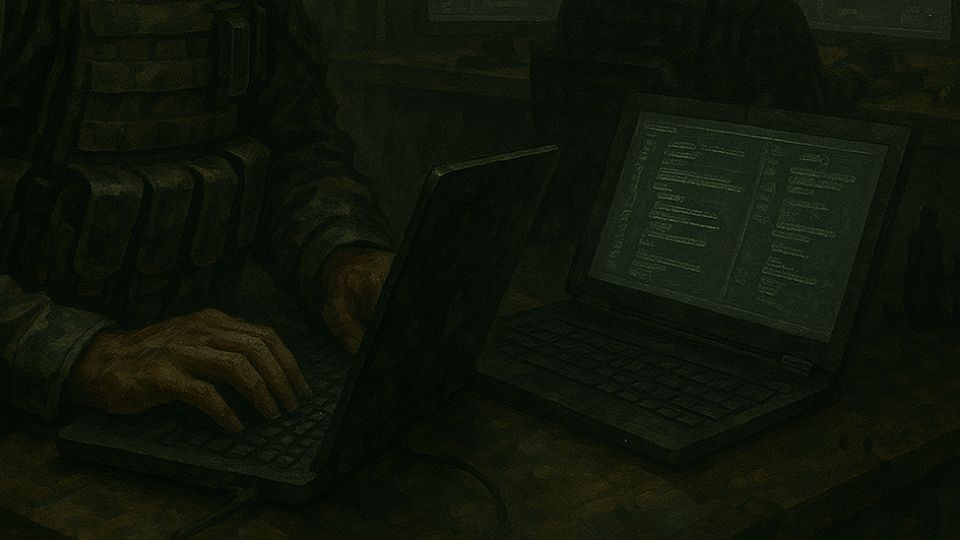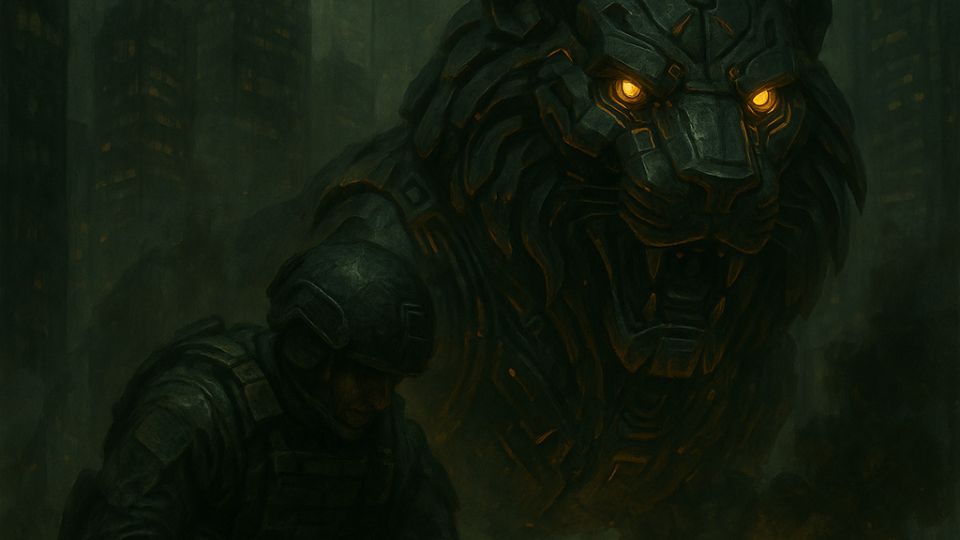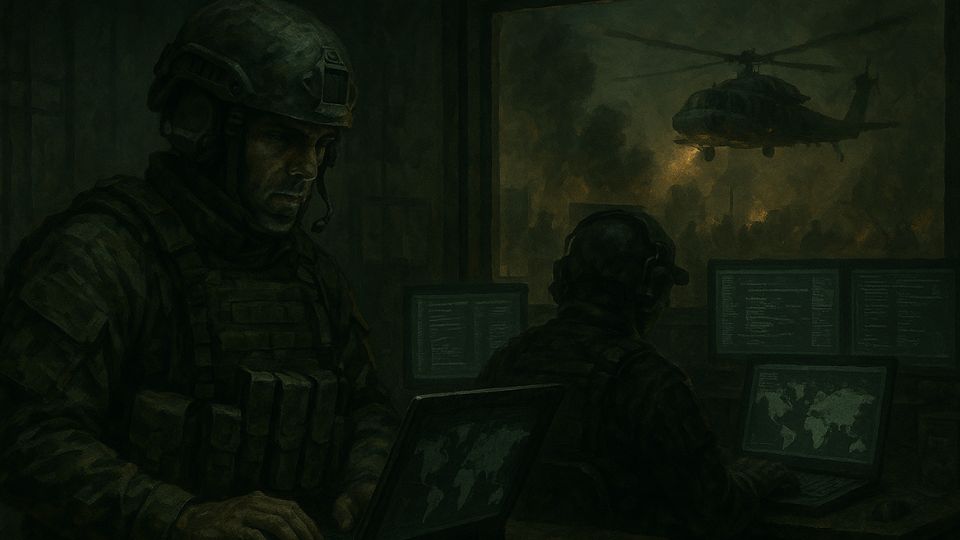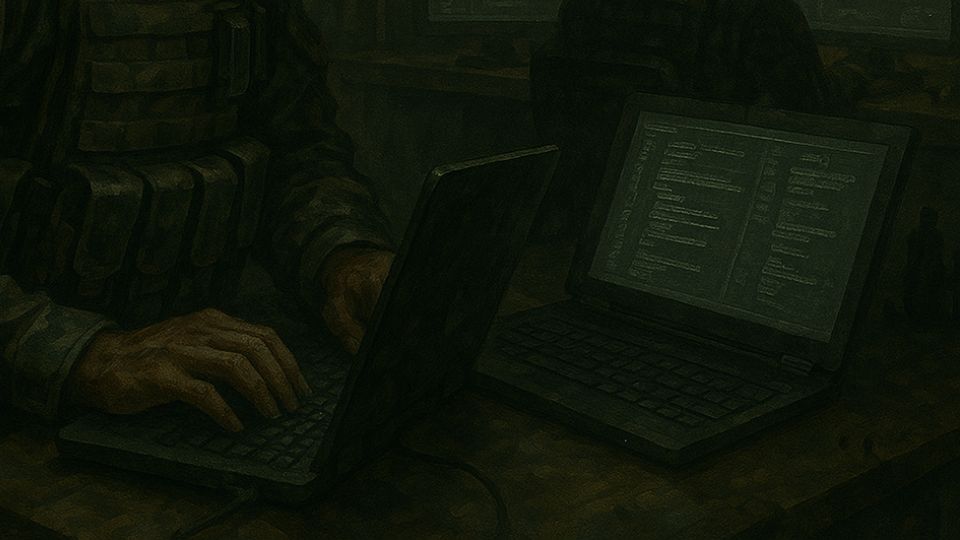Ukraine Arrests Chinese Nationals Over Neptune Missile Espionage Attempt
Kyiv charges father and son with espionage over Neptune missile secrets
Ukraine’s security service has arrested two Chinese nationals accused of attempting to steal sensitive information on the Neptune missile program, marking the country’s first public espionage case involving Chinese agents since the 2022 Russian invasion.
Who Was Arrested
Ukraine’s Security Service (SBU) confirmed the detention of a 24-year-old Chinese former student in Kyiv. Investigators allege he attempted to acquire technical documentation related to the RK-360MC Neptune coastal defense missile.
According to the SBU, he also tried to recruit a Ukrainian defense employee to hand over restricted data. Encrypted communications on his devices indicated coordination with Chinese handlers.
The suspect’s father, who lives in China, was also detained after traveling to Ukraine. Authorities say he was tasked with overseeing the transfer of the stolen documents abroad for delivery to Chinese intelligence services, as reported by Reuters.
Both men face charges under Article 114 of Ukraine’s criminal code. According to Euronews, the charges carry penalties of up to 15 years in prison and the confiscation of assets.
Espionage at a Critical Juncture
The arrests come at a sensitive moment in Ukraine’s war with Russia. The Neptune missile has become a symbol of resistance after it sank the Russian Black Sea flagship Moskva in April 2022.
Kyiv regards the system as vital for deterring further Russian naval action. Military analysts warn that foreign intelligence on Neptune’s design or targeting systems could undermine Ukraine’s maritime security.
The SBU described the suspects’ actions as “a direct attempt to transfer critical defense technology into the hands of a foreign intelligence service.” China’s Foreign Ministry responded that it was “verifying relevant information” and pledged to protect the rights of its citizens, according to The Guardian.
Charges and Possible Sentences
The table below summarizes what is publicly known about the suspects and the potential legal outcomes:
| Suspect | Relationship | Alleged Role | Charge | Possible Sentence |
|---|---|---|---|---|
| 24-year-old Chinese national | Son | Attempted to recruit Ukrainian insider, transmit Neptune documents | Espionage (Art. 114) | Up to 15 years + confiscation |
| Father (unnamed) | Parent | Oversaw transfer of technical data abroad | Espionage (Art. 114) | Up to 15 years + confiscation |
Context: China, Russia, and Ukraine
Kyiv has long accused Beijing of providing indirect support to Moscow. Officials point to the supply of dual-use technologies, including drone parts and industrial machinery.
President Volodymyr Zelensky said earlier this year that China had supplied Russia with “weapons, ammunition and equipment.” Those claims were denied by Beijing but confirmed by multiple Western officials, according to Reuters.
While China presents itself as neutral, analysts highlight its growing economic and security ties with Moscow. Western intelligence agencies argue that Chinese entities have helped Russia evade sanctions by delivering advanced microelectronics and military-adjacent goods.
The Neptune espionage case adds a new dimension, linking alleged Chinese operations directly to Ukraine’s core defense systems.
Previous Espionage Incidents
Ukraine has faced espionage threats before. Prior to the Russian invasion, counterintelligence disrupted multiple attempts to penetrate weapons design programs, often tied to Russian operatives.
These latest arrests, however, mark the first time Chinese nationals have been publicly identified and charged in Ukraine. The development signals an expansion of Kyiv’s espionage challenges beyond Moscow’s networks.
Europe is witnessing similar incidents. In Germany, a political aide was sentenced to nearly five years in prison for delivering internal documents to Beijing, as reported in China-Linked Spy Sentenced in Germany.
Ukraine’s experience also reflects broader state-linked espionage patterns covered in Campaigns and Incidents. Intelligence operations are shaping not only battlefield outcomes but also political and security decisions across the continent.
International Reactions
The United States has not issued a direct comment on the case. However, the State Department has repeatedly warned that Chinese technology transfers to Russia risk prolonging the war.
NATO officials described the arrests as evidence that “multiple state actors are seeking to exploit Ukraine’s vulnerabilities.” Their assessment placed the case in a broader context of intensifying intelligence operations.
Beijing repeated its official stance that it respects national sovereignty. At the same time, it criticized Western military support for Ukraine, signaling its cautious balancing act in the conflict.
Broader Espionage Landscape
According to Ukraine’s SBU, more than 600 espionage-related investigations have been launched since Russia’s full-scale invasion in 2022. The majority involve Russian operatives, but officials warn that citizens of other nations, including China, are becoming more active.
The European Union has also raised concerns. In July 2025, the European Commission warned of “intensifying intelligence operations by both Russian and Chinese actors” and called for stronger coordination between member states.
The arrests in Kyiv therefore align with a broader pattern of espionage pressure felt across Europe, where both Moscow and Beijing are seeking to undermine defenses.
Looking Ahead
The court proceedings against the two men are expected later this year in Kyiv. Prosecutors say they will present evidence including encrypted communications, recruitment attempts, and seized documents.
While the verdict remains uncertain, the trial is already shaping public debate on China’s role in the war. For Ukraine, it highlights that espionage threats are no longer limited to its conflict with Russia but now extend into the global geopolitical contest with China.
